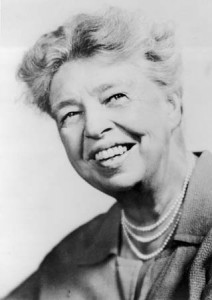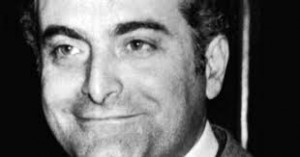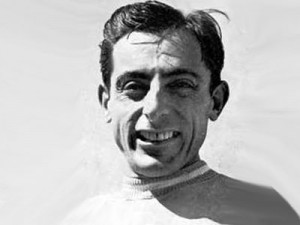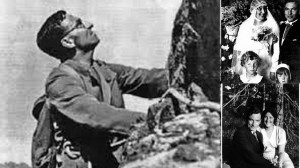Coming from a wealthy family of the bourgeoisie in New York, grandson of the 26th President of the United States Theodore Roosevelt, Eleanor was dubbed "the ugly duckling", because of his physical appearance just graceful.
He met Franklin at a family Christmas party: the two began dating from 1902, and they married on 17 March 1905.
The marriage was not happy, mainly because of the intrusiveness of the mother-in-law of Eleanor, contrary to the Union, and numerous cheating made by spouses. Despite this, Eleanor supported her husband's career throughout his life and his political ascent. During the difficult years of the New Deal, in both positions during World War II, not only the first lady was beside the President, but often their personal contribution in the decisions to be made and strategies implemented.
Eleanor was particularly attentive to causes such as civil rights and the rights of African Americans. Often he was in having to replace her husband, ill with polio and paralyzed in the legs, in official visits, particularly at the front, where supported morally troops and Red Cross activities. Became "the legs and ears ' of the President.
After the death of Franklin in 1945, Eleanor retired to private life: the successor to the White House, Truman, He chose her as the representative of the United States at the Conference for human rights at the United Nations Commission. The Roosevelt occupied this position until 1952, and earned the nickname "First Lady of the World".
After the second world war, played a crucial role in the drafting and adoption of the Universal Declaration of human rights and the citizen, you defined in the famous speech of 28 September 1948 the "Magna Carta of all mankind".
Yet, Eleanor was chosen by John F. Kennedy in ' 60 to head the Presidential Commission on the status of women.
Eleanor Roosevelt is still a revered character in the United States and many first ladies who have succeeded have claimed to be inspired by her figure; certainly Eleanor rejected the traditional role of mere "hostess" and undertaken for the first time social and political initiatives of great importance and successfully. Certainly will be remembered not only for being the Eleanor wife of a President.
Maria




